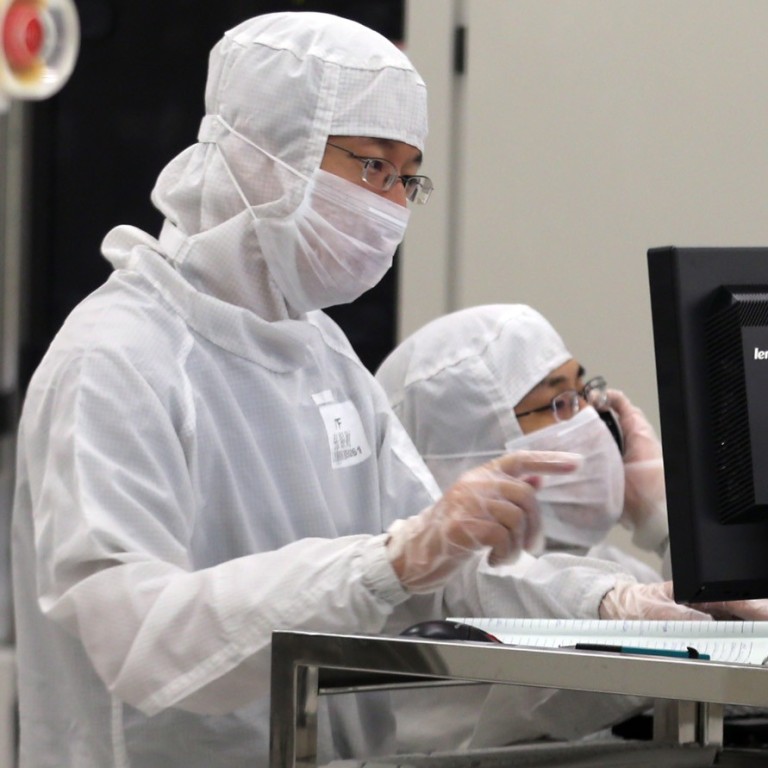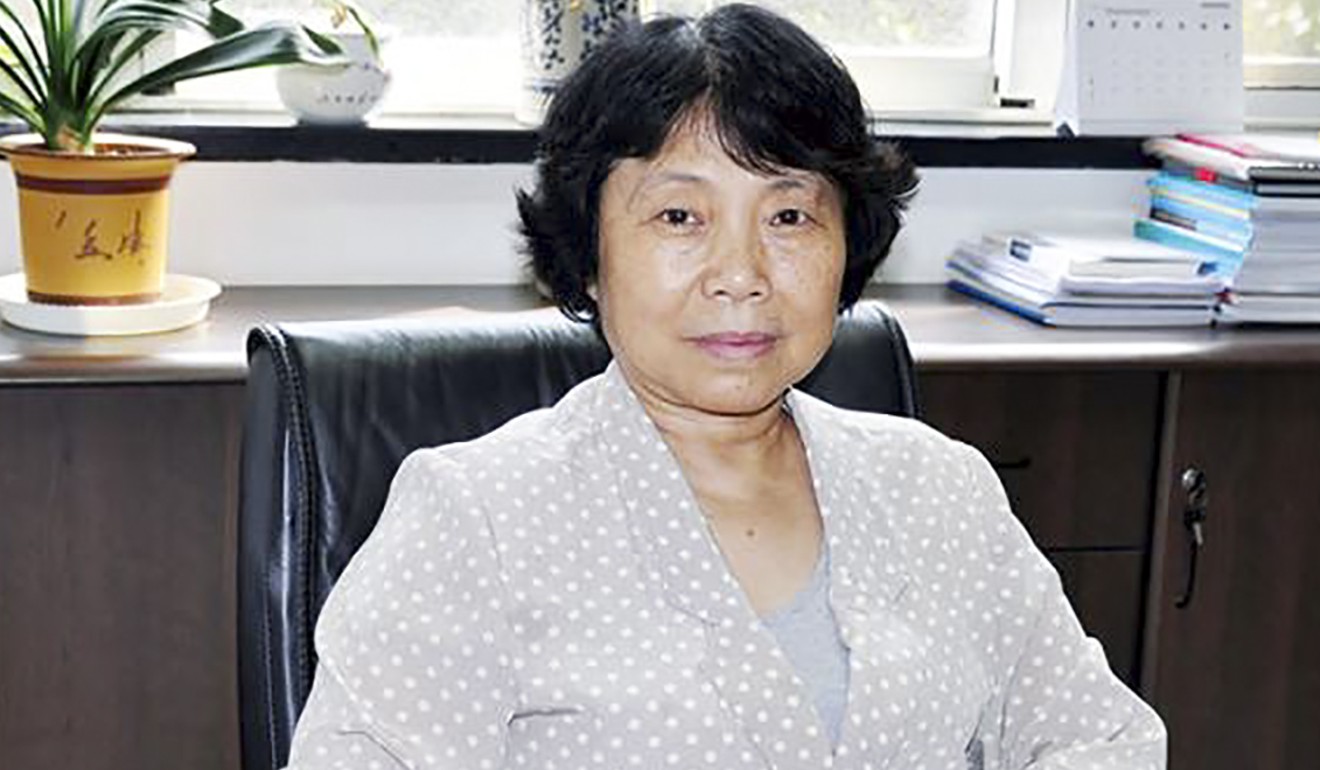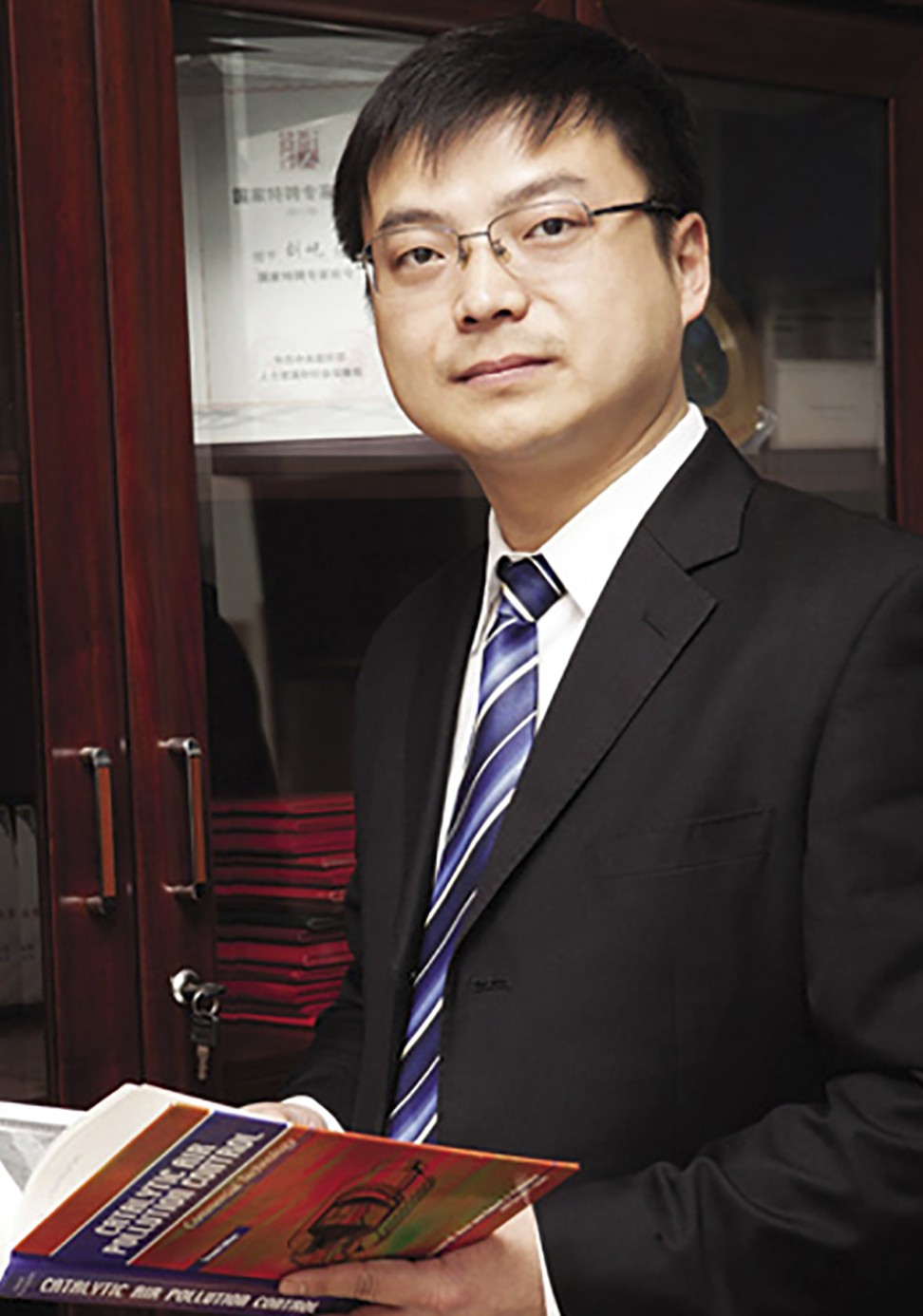
US-China trade war suspicions have had chilling effect on Beijing’s Thousand Talents Plan
- Once a call home to thousands of Chinese overseas, scheme is overshadowed by mistrust as conflicts over tariffs and politics poison well of goodwill
China has cooled on its flagship talent recruitment plan after relations between Beijing and Washington frayed and the United States began to view the scheme with suspicion, a Chinese government adviser and programme beneficiary said.
Liu Yi, a delegate at the Chinese People’s Political Consultative Conference, said that the Thousand Talents Plan no longer held the appeal for Beijing it once did.
“We do not talk much about the TTP now,” said Liu, a University of Wisconsin graduate who was a participant in the plan, said on Wednesday in Beijing.
Thousand Talents is a state-sponsored scheme set up in 2008 to lure the world’s brightest minds, mainly Chinese researchers who have been educated or employed overseas, and particularly those with expertise in technology.
There were reports suggesting that the Chinese government has lost enthusiasm for the plan, but there has been no official confirmation or denial.
Since 2008, about 7,000 Chinese scientists, academics and entrepreneurs abroad have returned through the programme, according to media reports. Those who joined stood to win between one and five million yuan [US$149,000 to US$745,500] in research funding, plus housing, schooling and medical care.
Thousand Talents was once a high-profile project and state media fussed over participants. However, as China and the United States fight a tariff war, it has become a source of friction, with allegations that researchers stole US technology for the Chinese government.
In February, the US arrested Chinese-born scientist You Xiaorong on charges of trying to steal secrets from Coca-Cola for a Chinese company that would hire her and help her obtain an award under Thousand Talents.
In August, a Chinese-American engineer Zheng Xiaoqing, who was recruited by the scheme in 2012, was arrested in the US on suspicion of stealing technology secrets from General Electric.
Some of the programme’s participants said they were put under tight scrutiny, but the US reactions showed that China had adopted a successful approach to nurturing talents.

Zheng Chunyang, a Thousand Talents participant and a biochemistry scientist with a postdoctoral degree from Cornell University, said the restrictions on exchanges would create obstacles for scientific research.
“The situation facing TTP proves that China is success in recruiting talents, and that is why it has triggered conflicts and alerts in the US,” said Zheng, who is also a delegate of the CPPCC.
Zheng, who owns a biotechnology firm based in Tianjin, northern China, returned in 2010 and said researchers had to choose between the US and China.
“Sometimes you just cannot have it both ways, and you need to give up something,” he said.
Zhou Tongyu, a CPPCC delegate and chairman of semiconductor company Weida Technology, said the restrictions on Thousand Talents reflected a “growing hostile US”.
“But I don’t think America’s actions will affect China’s pace in technological development, since we still have many other platforms to join and to learn,” Zhou, who was not a Thousand Talents participant, said.
Cui XiangQun, another CPPCC delegate who had no part in the programme, is chief engineer of the Large Sky Area Multi-Object Fibre Spectroscopic Telescope in Hebei province, the biggest device of its kind in China. She said scientific exchanges should not be restricted.
“Normal academic exchanges should not be stopped, since they will make contributions to the whole humankind. The US is advanced in research, and that is why so many Chinese want to learn there,” Cui said. “If US really finds evidence on theft of technology or other unfair practices, it can solve the matter by legal means”.



